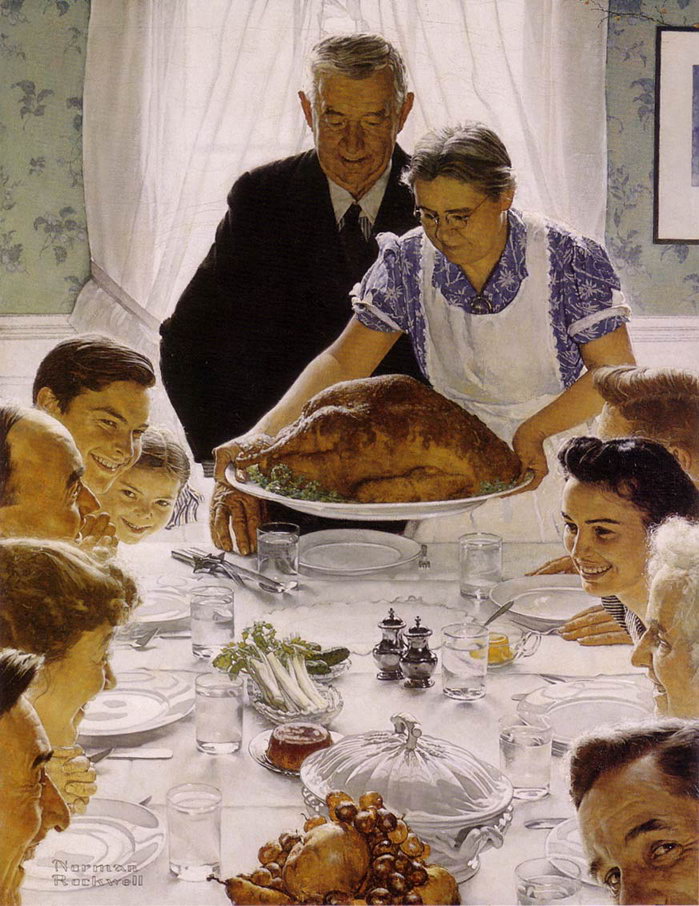We wander through the malls and the 'logues
to find the things that will end up as clogs
for houses that are already quite stuffed
with junk and crap and lots of fluff.
Our souls cry out for connection and love
and things that don't come from the push and the shove
of hanging at malls and wishing for more
while digging through piles in a shop or a store.
I sound like the Grinch and to him I relate
but usually my tolerance is rather sedate.
That demeanor is finished; I just can't pretend
when Wal-Mart stampeding caused life to end.
Some days on this planet, I want to cry "uncle"
and end the ridiculous, exhausting debacle
but Jesus has come, and he'll come once again,
and for now we are called to stay and to love
and to bear witness to kingdom on earth as above.
We labor with his strength; we are never alone,
e'en while shopping and striving, we hear ourselves groan
'til we rest and reflect on what God has done
and look upward, not mall-ward, where true peace is won.
